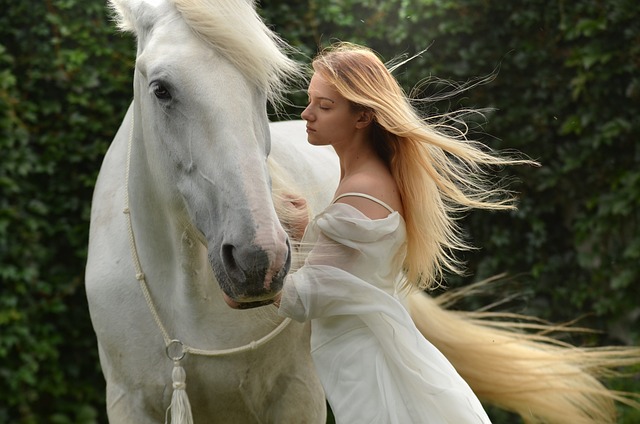Spis Treści
How Long Can Horses Go Without Sleep?
When it comes to sleep, horses have unique patterns and requirements compared to humans and other animals. Understanding how long horses can go without sleep is essential for their well-being and the safety of those who interact with them. In this article, we will delve into the fascinating world of equine sleep patterns and explore the question: How long can horses go without sleep?
The Basics of Equine Sleep
Before we dive into the duration of horse sleep, let’s first understand the basics of equine sleep patterns. Horses are classified as polyphasic sleepers, meaning they have multiple sleep episodes throughout a 24-hour period. Unlike humans who typically have one long sleep episode at night, horses have shorter periods of sleep distributed throughout the day and night.
Equine sleep is divided into two main categories:
- Slow-Wave Sleep (SWS): This is the deep sleep phase where horses lie down and experience muscle relaxation. During SWS, horses may exhibit rapid eye movements and twitching of the muscles.
- Rapid Eye Movement (REM) Sleep: This is the lighter sleep phase where horses may remain standing or lying down. REM sleep is characterized by rapid eye movements and increased brain activity.
Duration of Horse Sleep
Now that we understand the different sleep phases, let’s explore how long horses can go without sleep. Horses typically require around 2-3 hours of sleep per day, which is significantly less than humans who need 7-9 hours of sleep. However, it’s important to note that horses do not sleep continuously for 2-3 hours like humans do. Instead, they have short sleep episodes that last for a few minutes at a time.
On average, horses spend approximately 45 minutes in SWS and 15 minutes in REM sleep per day. These sleep episodes are distributed throughout the 24-hour period, and horses can transition between standing and lying down during their sleep cycles.
Factors Affecting Horse Sleep
Several factors can influence the duration and quality of horse sleep. These include:
- Age: Foals and young horses tend to sleep more than adult horses, with foals requiring up to 50% of their day for sleep.
- Environment: Horses in a safe and comfortable environment are more likely to sleep better compared to those in stressful or unfamiliar surroundings.
- Health: Illness, pain, or discomfort can disrupt a horse’s sleep patterns and reduce the overall duration of sleep.
- Activity Level: Horses that engage in strenuous physical activity may require more sleep to recover and recharge.
The Importance of Sleep for Horses
Sleep is crucial for the overall well-being and health of horses. Adequate sleep allows horses to rest and recover, both physically and mentally. Here are some key reasons why sleep is important for horses:
- Restoration: Sleep helps horses restore energy levels, repair tissues, and strengthen their immune system.
- Mental Health: Just like humans, horses need sleep to maintain optimal mental health. Lack of sleep can lead to irritability, decreased performance, and behavioral issues.
- Learning and Memory: Sleep plays a vital role in consolidating learning and memory in horses. It helps them retain and process information gained during training sessions.
- Prevention of Sleep Deprivation: Prolonged sleep deprivation can have severe consequences for horses, including compromised immune function, weight loss, and increased risk of accidents due to impaired cognitive abilities.
Signs of Sleep Deprivation in Horses
It’s important for horse owners and caretakers to be aware of the signs of sleep deprivation in horses. If a horse is not getting enough sleep, it may exhibit the following symptoms:
- Excessive yawning
- Restlessness and difficulty settling
- Increased irritability or aggression
- Decreased performance or coordination
- Weight loss or poor body condition
- Excessive lying down or difficulty standing
If you notice any of these signs in your horse, it’s crucial to consult with a veterinarian to address any underlying issues and ensure your horse’s sleep needs are being met.
Conclusion
In conclusion, horses have unique sleep patterns and requirements compared to humans and other animals. While they can go without sleep for short periods, horses typically require around 2-3 hours of sleep per day. Factors such as age, environment, health, and activity level can influence the duration and quality of horse sleep. Adequate sleep is essential for the overall well-being and health of horses, and sleep deprivation can have severe consequences. By understanding and meeting their sleep needs, we can ensure the happiness and optimal performance of our equine companions.



















